Lighting
Updating your lighting to more efficient options like LEDs is usually one of the fastest, easiest, and most affordable ways to make your home more energy efficient. Whether you rent or own your home, it’s as easy as changing a bulb.

Lighting accounts for 15% of the average home energy use.
On average, 15% of home energy use is from lighting.
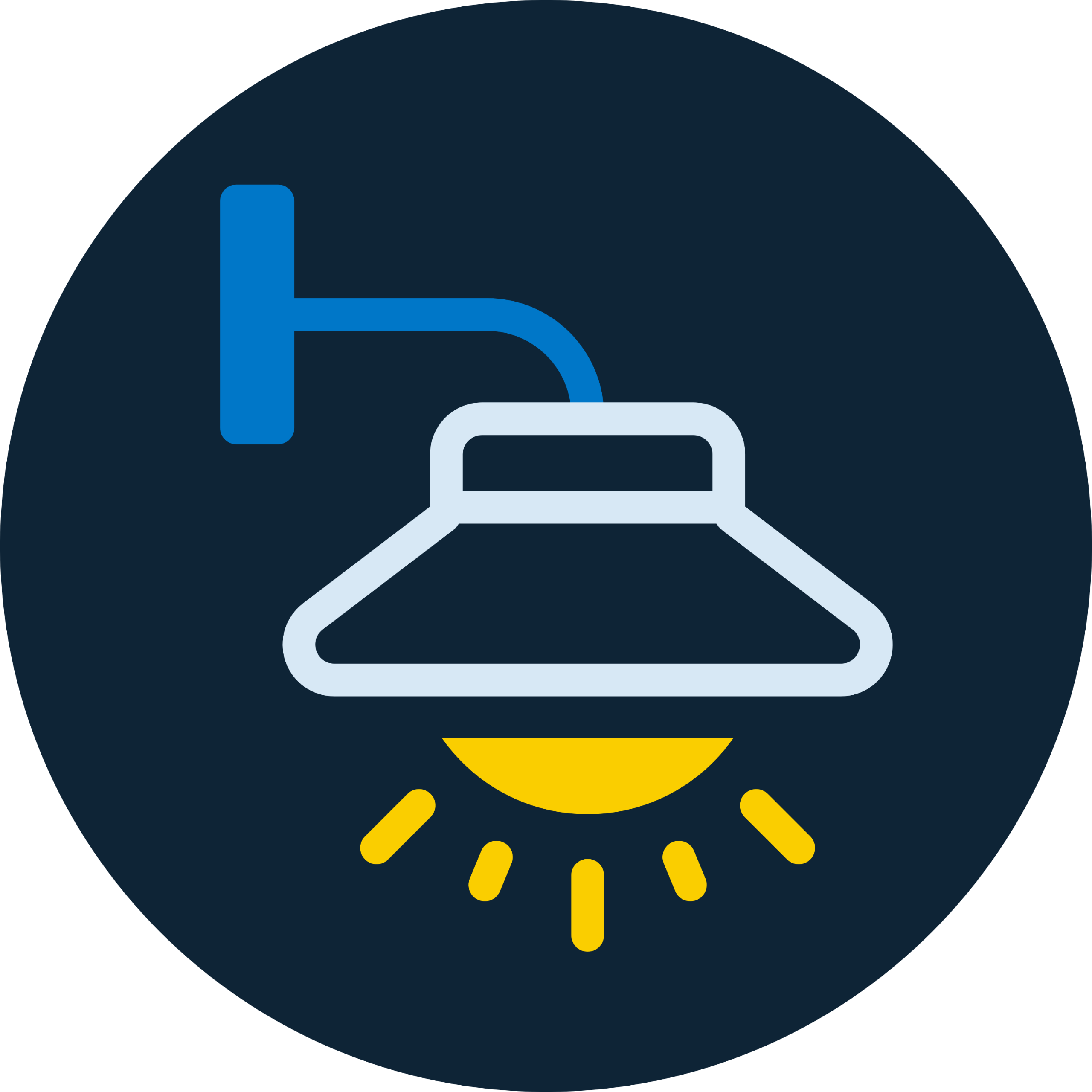
Don’t forget about outdoor lights.
Be sure to check the whole home for outdated bulbs — including your outdoor lighting. Outdoor LEDs and solar lighting make your home even more efficient.
Learn More about Energy-Efficient Lighting
Dollars & Sense
- Lighting typically amounts for 15% of a home’s energy use.
- A typical LED is 85% more efficient than a traditional incandescent bulb for the same amount of light. That means big savings on your electric bill.
- LEDs last 25x longer than a typical incandescent bulb, so you won’t have to buy as many replacement bulbs.
- Timers, dimmers, smart bulbs, and smart plugs can help you save even more on your lighting costs.
- Some utilities offer incentives on LEDs. Check your utility to see what may be available to you.
Benefits & Considerations
- Savings. Many households can save hundreds of dollars per year with LEDs.
- Performance. Traditional incandescent bulbs waste 90% of their energy in the form of radiant heat — LEDs simply work better.
- Convenience. LEDs last longer, so you don’t have to change out your bulbs as often.
- Customization. Choose from a variety of colors, hues, and brightness levels. Smart bulb options even let you change your lighting from your phone.
- Health. When you use as much daylight as possible, you also reap other health benefits — and your houseplants will love it too.
Frequently Asked Questions
Will an LED work in my current light fixtures?
Generally speaking, there is an LED replacement bulb that is more efficient than every incandescent or CFL bulb in your home.
How do I pick the right LED?
With older incandescent bulbs, you used to have to carefully pick the correct wattage. Nowadays, LEDs are so energy efficient that choosing for wattage doesn’t matter. Instead, just make sure that the bulb screws into the socket securely, and select your preferred brightness (lumens) and color (warmer or cooler).
Will an LED match my lighting style preferences?
In the past, many LEDs were very bright and had a slightly blue tint — but that’s not the case anymore. Most hardware stores regularly stock a variety of LEDs with different brightnesses and color tints. No matter what your aesthetic is, there's an LED for you.
What is the difference between an LED bulb and an LED fixture?
- LED bulbs are simply light bulbs that can be screwed into a standalone light fixture — just like a standard lightbulb but significantly more energy efficient.
- LED fixtures have LEDs built into the lighting unit itself. These models are even more energy efficient than an LED bulb screwed into a standard fixture.
What about smart bulbs?
Smart bulbs are LEDs that have the option of connecting to your home’s Wi-Fi network. This gives you the option to control your home’s lighting through a smart phone app, including color, timer, and dimmer settings. You can also plug your lamps into smart plugs, giving you more options for how to “connect” your lighting.
Consumer Guide to Energy-Efficient Lighting
Get detailed information on energy-efficient lighting from the U.S. Department of Energy.
Advice on Shopping for Light Bulbs
Learn what to look for when shopping for new LED bulbs.
LED Disposal Guide
How to properly dispose of your old LED bulbs in New York.
Where Lighting Fits in Your Path to a Clean, Efficient, and Comfier Home
Upgrading to LED lighting is a simple step you can take at any time on your path toward upgrading your home. Make the most of your upgrades when you start by preparing your home, then explore cleaner, more efficient options.
Get Your Home Ready
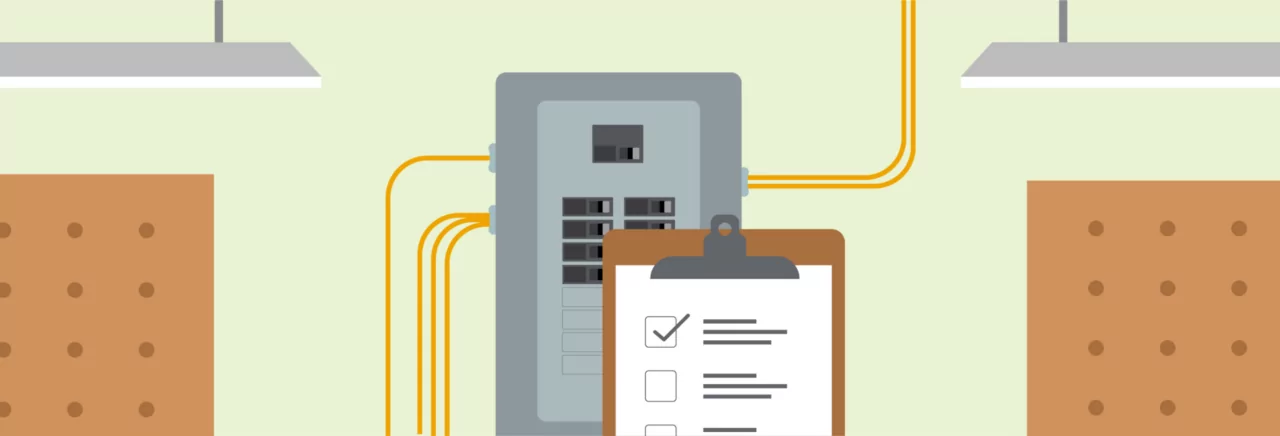
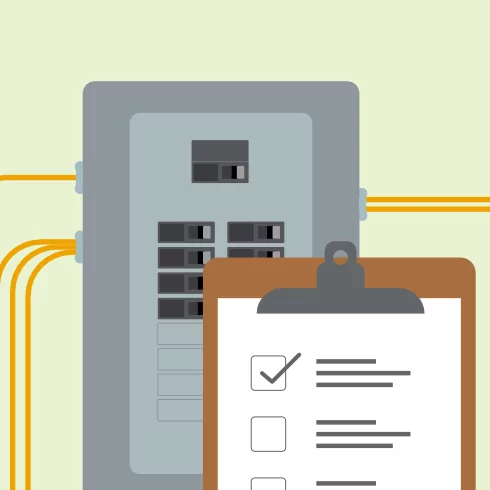
Choose Electric Appliances & Equipment
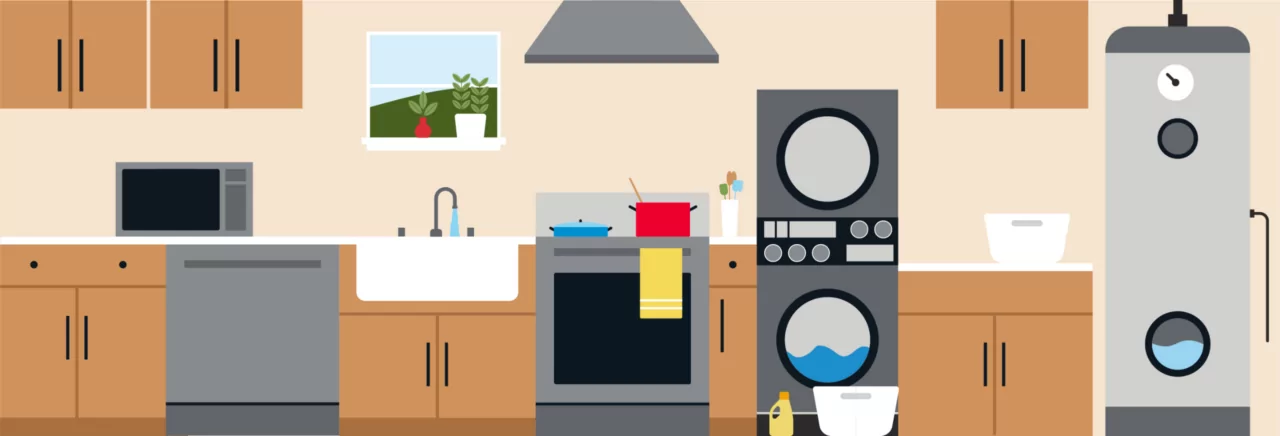
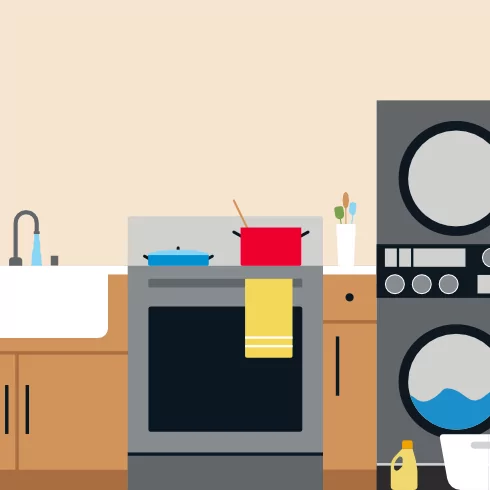
Drive Electric & Go Solar
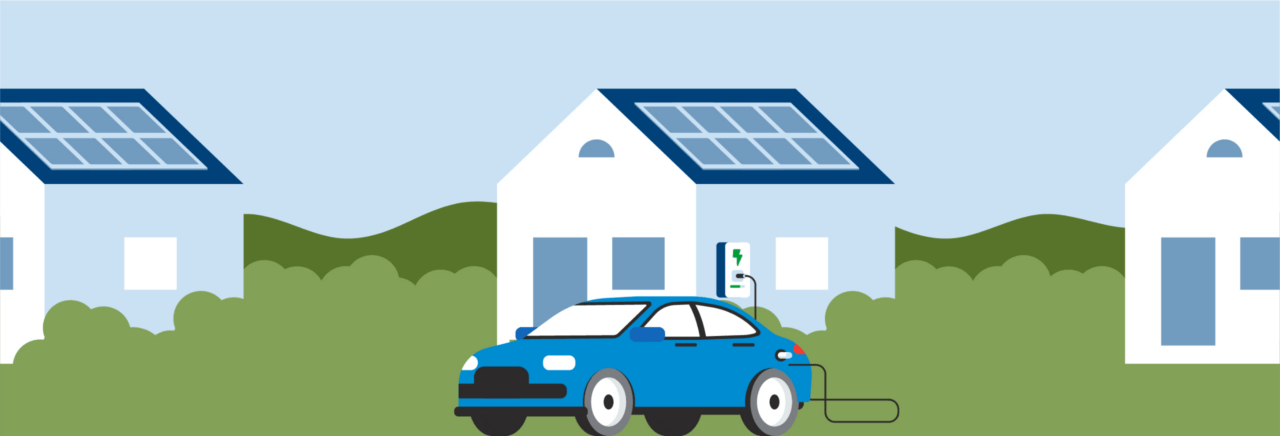
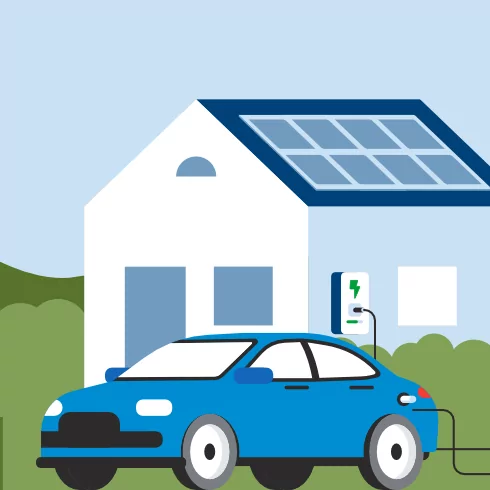
Get Started with a Free Home Energy Assessment
Save money and reduce your energy use at home. Work with a NYSERDA participating contractor to find all of the hidden places your home is wasting energy, then get financial incentives to help pay for fixing it.
